KenziBox is a Dubai-based company that makes shoe-box sized treasure troves of children’s activities, delivered to parent’s doors to promote creative and constructive play. UAE-based co-founders Leyla Lahsini and Shirin Benamadi started the business after facing the problems parenthood poses in the digital age.
Both women have Masters Degrees in Business Administration and impressive careers in finance. Lahsini holds an MBA from London Business School as well as a Masters in Strategy and Marketing and has experience in hedge funds in London, while Benamadi holds an MBA from the University of Maryland and has worked in private wealth management at Morgan Stanley.
21st Century Parenting
In the digital age, pulling children away from televisions and iPads and towards activities that promote healthy brain development can be a challenge for parents- especially those who work full time.
For many, after school programs are expensive or unrealistic to take advantage of on a daily basis. “Kids finish school early and you feel this need to keep them busy in the afternoon,” said Lahsini. “We don’t want to put them in activity classes every single afternoon, but you want to keep them busy in a nice way in the house.”
Like many parents of the 21th Century, Lahsini turned to the internet for solutions, downloading craft projects from Pinterest to take up with her four-year-old son. But it was more difficult than it seemed- having to go to many stores to find the right materials, complicated instructions, and the chaos that young children inevitably introduce to situations that involve glitter glue and dexterous finesse.
Taking Play Seriously
Despite the frustrations, Lahsini was determined to continue because she saw the value of exposing her son to such products. Not only do they take up the afternoon in creative play, but craft projects have been shown to develop higher thinking skills, enhance multicultural understandings, build self-esteem as well as positive emotional responses to learning- all benefits every parent would want for their child.
Lashini turned to her friend, now-business partner Benamadi, who always seemed to make the arts and crafts projects look simple and easy. This simple request for help and the master’s degrees they both carried in business administration paved the way for KenziBox.

When Moms have MBAs
“Can we bring that simplicity to everyone?” thought Lahsini. Together they researched themes and developed activities around those ideas. In November 2014, their first themed box, Circus in Town, was launched.
Little more than a year later and KenziBox stays true to their successful original fashion. Every month a new theme debuts in shoe-box form, where children can open the box and find everything they need, from materials to illustrated instructions, on how to craft everything from make-your-own clown outfits to volcanoes that actually erupt.
KenziBox: a Dubai’s Business (Role) Model
By creating a product that re-invents itself every week, KenziBox continuously provides opportunities for growth for both children and parents, with creative projects designed by early-age education professionals. Boasting stellar customer service for the busiest of parents, KenziBoxes are conveniently sold online, delivered to the door with all the necessary materials. The simplicity in meeting 21st century parenting problems makes KenziBox a role model in the UAE’s emerging e-commerce market, and is a learning lesson in itself for other businesses that aspire to create a positive impact in their client’s lives.
Their superb business model has won them several recognitions in their first year alone- Dubai Women’s Business Council awarded them First Place as well as the People’s Choice award, and KenziBox was a finalist for SME’s Start Up of the Year.
Emma Fisher, a Dubai-based schoolteacher who was one of KenziBox’s intial clients, can attest to the benefits the projects offer, both as a mother and an education professional.
One month of KenziBox starts at AED 185, with lower rates for long term subscriptions. The company also offers party favor sets and KenziBox travel bags.

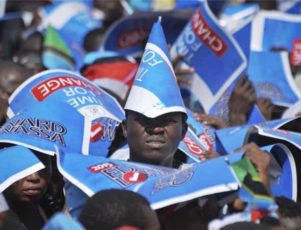
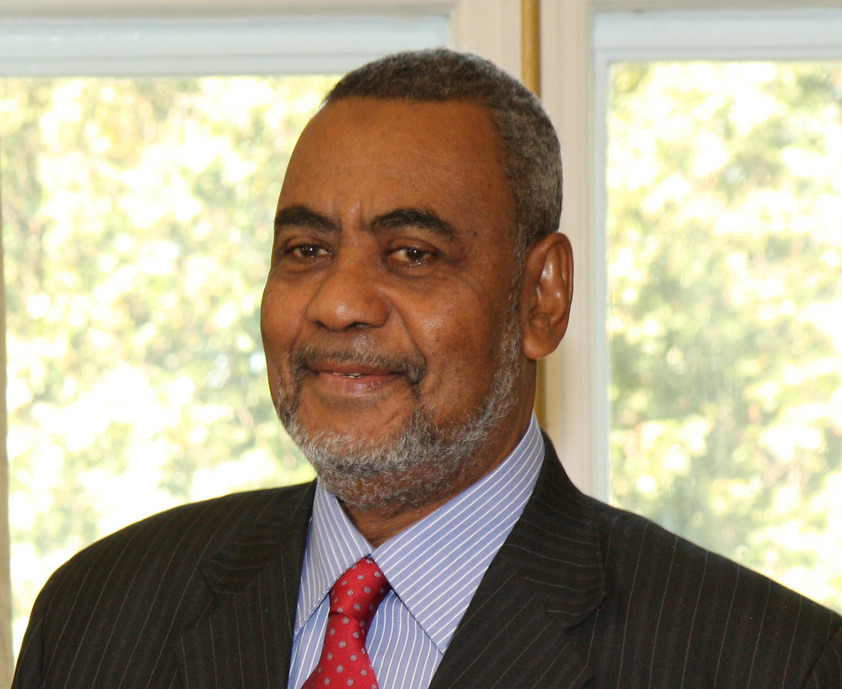
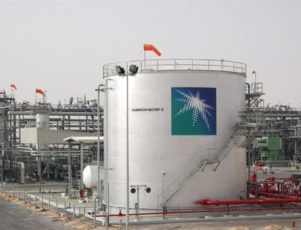

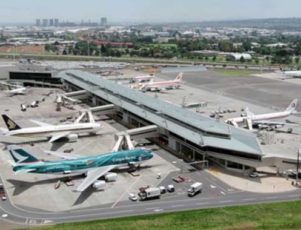
 In many cases it is easier for a traveler from an African country to first fly to Paris or Dubai and then to another African country, according to Fatima Beyina-Moussa, director general of Equatorial Congo Airlines and president of the African Airlines Association.
In many cases it is easier for a traveler from an African country to first fly to Paris or Dubai and then to another African country, according to Fatima Beyina-Moussa, director general of Equatorial Congo Airlines and president of the African Airlines Association.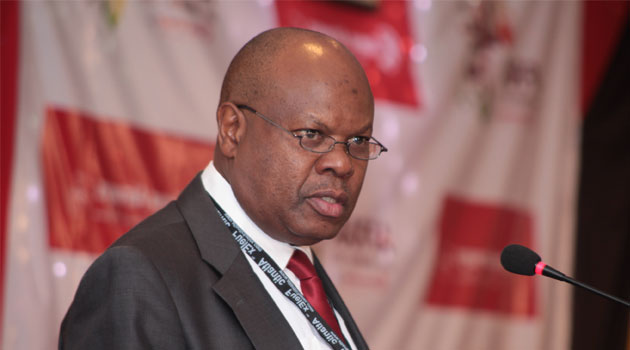
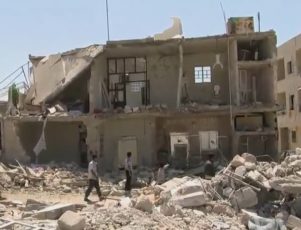
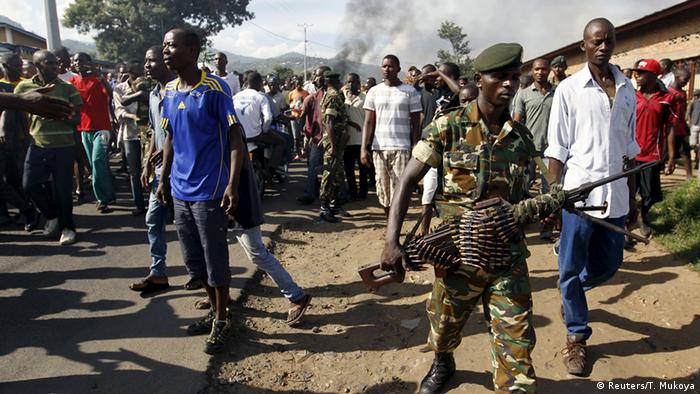
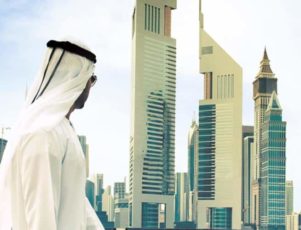
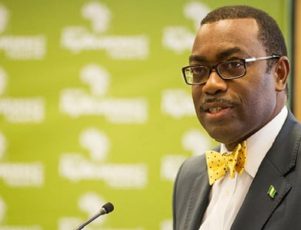
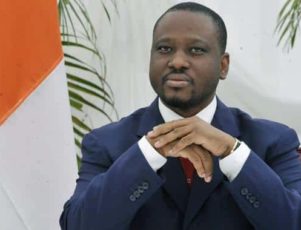

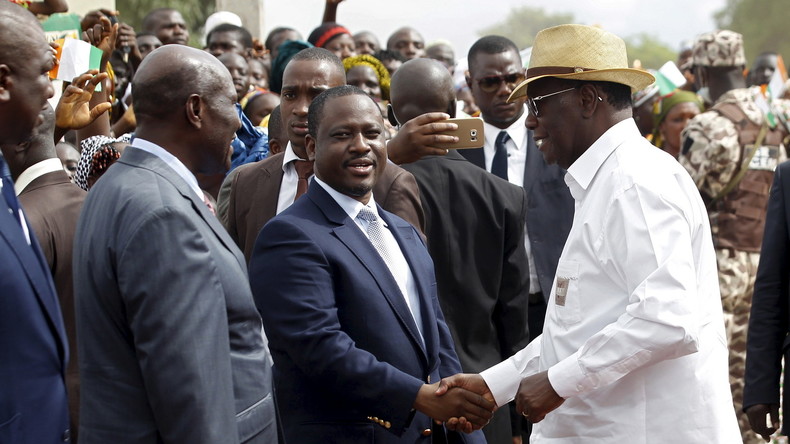
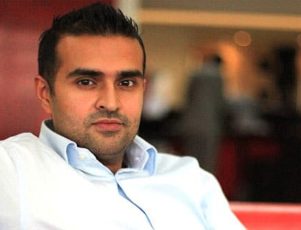
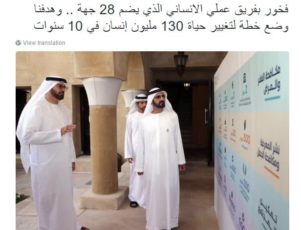
 “The significance of these (social media) channels lies in their ability to reach out easily to all members of the society through personal devices,” he said at a Social Media Influencer Summit, which he convened in 2015 to discuss legislation to insure the “best use of social media platforms.”
“The significance of these (social media) channels lies in their ability to reach out easily to all members of the society through personal devices,” he said at a Social Media Influencer Summit, which he convened in 2015 to discuss legislation to insure the “best use of social media platforms.”